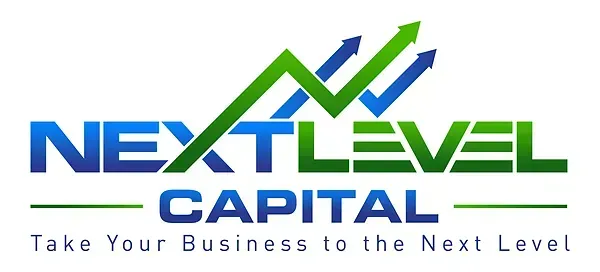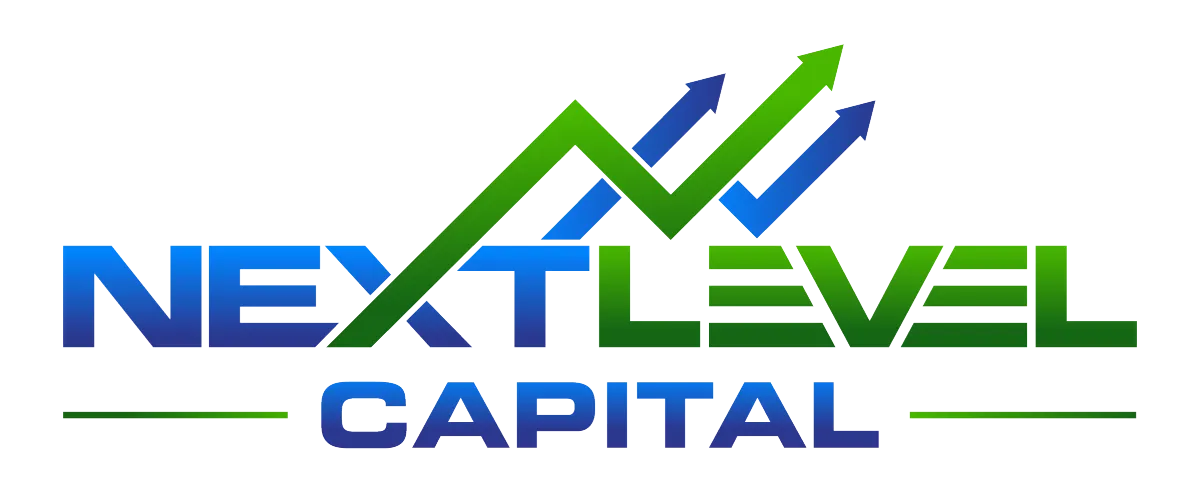Call us Today at
(281) 801-5720
Invoice Factoring
Invoice Factoring allows you to convert your unpaid customer invoices to immediate cash advances.
Call us Today at
(281) 801-5720
Call us Today at
(281) 801-5720
What is Invoice Factoring?
Invoice factoring, also known as accounts receivable factoring, is a form of small business financing where a business sells its invoices to a factoring company in exchange for upfront funding. When the invoice amount is paid by the customer, the remaining balance is paid to the business owner minus a fee.
Equipment financing is the use of a loan or lease to purchase or borrow hard assets like machinery for your business. Rather than paying for the assets in full upfront, equipment financing allows you to receive the equipment you need now while allowing you to pay for the asset over a period of time. This is ideal for purchasing healthcare equipment, construction vehicles and machinery, kitchen equipment, and other large hard asset purchases that allow you to increase production and grow your business.
Invoice factoring allows you to receive the working capital you need to maintain operations and plan for the future, but without taking on the periodic fixed payments associated with a term loan. If slow-paying clients are stalling your ability to pay bills or meet payroll, invest in technology and equipment or hire more staffing, invoice factoring can help you bolster cash flow by liquidating your outstanding accounts receivable to meet your business needs.
Fast Financing For Your Business
After submitting your invoices to the lender for invoice financing, you’ll receive the amount of the invoice minus a percentage as payment. Once the client pays you, you satisfy the agreement with the lender. While it may be helpful to have the lender collect unpaid invoices on your behalf, understand that you will have less control over the collections process and that your clients may become aware of your cash flow shortages.
Invoices
Small business owners sell outstanding invoices to a factoring service (the factor) at a discounted rate. The factor advances a lump sum up to 95% of the value of the invoice.
Collections
The factoring service then proceeds to collect all payments directly from the clients of the small business.
Imbursement
The factoring service sends the remaining balance to the business, minus any fees, which is typically an agreed-upon percentage.
Loan Amount From $10,000 - $450,000

No Upfront Costs

No Collateral Requirements

Invoice Factoring
Invoice Factoring allows you to convert your unpaid customer invoices to immediate cash advances.
What is Equipment Financing?
Invoice factoring, also known as accounts receivable factoring, is a form of small business financing where a business sells its invoices to a factoring company in exchange for upfront funding. When the invoice amount is paid by the customer, the remaining balance is paid to the business owner minus a fee.
Equipment financing is the use of a loan or lease to purchase or borrow hard assets like machinery for your business. Rather than paying for the assets in full upfront, equipment financing allows you to receive the equipment you need now while allowing you to pay for the asset over a period of time. This is ideal for purchasing healthcare equipment, construction vehicles and machinery, kitchen equipment, and other large hard asset purchases that allow you to increase production and grow your business.
Invoice factoring allows you to receive the working capital you need to maintain operations and plan for the future, but without taking on the periodic fixed payments associated with a term loan. If slow-paying clients are stalling your ability to pay bills or meet payroll, invest in technology and equipment or hire more staffing, invoice factoring can help you bolster cash flow by liquidating your outstanding accounts receivable to meet your business needs.
Fast Financing For Your Business
After submitting your invoices to the lender for invoice financing, you’ll receive the amount of the invoice minus a percentage as payment. Once the client pays you, you satisfy the agreement with the lender. While it may be helpful to have the lender collect unpaid invoices on your behalf, understand that you will have less control over the collections process and that your clients may become aware of your cash flow shortages.
Invoices
Small business owners sell outstanding invoices to a factoring service (the factor) at a discounted rate. The factor advances a lump sum up to 95% of the value of the invoice.
Collections
The factoring service then proceeds to collect all payments directly from the clients of the small business.
Imbursement
The factoring service sends the remaining balance to the business, minus any fees, which is typically an agreed-upon percentage.
Loan Amount From $10,000 - $450,000

No Upfront Costs

No Collateral Requirements

Equipment Financing Details

Qualifying Criteria:
550+ credit score
6+ months in business
$10,000+ average monthly bank deposits

Required Items:
Signed one page funding application
3-5 most recent business bank statements
Invoices you wish to redeem
Equipment Financing Details

Qualifying Criteria:
550+ credit score
6+ months in business
$10,000+ average monthly bank deposits

Required Items:
Signed one page funding application
3-5 most recent business bank statements
Invoices you wish to redeem
No Application Fees
Advantages
Invoice factoring provides a safe, immediate source of cash flow by releasing working capital that is tied up in unpaid invoices.
Having a lender collect invoices for you can help you save time spent on administration and chasing late payments.
Factoring provides flexibility as amounts can expand and contract with your sales volume.
Disadvantages
Invoice factoring companies will verify your invoices with clients to ensure that they are accurate. Including a third party can affect customer relationships and also means that you will have to give up some control.
If your client has a weak payment history or credit score, it may affect your approval.
Advantages
Invoice factoring provides a safe, immediate source of cash flow by releasing working capital that is tied up in unpaid invoices.
Having a lender collect invoices for you can help you save time spent on administration and chasing late payments.
Factoring provides flexibility as amounts can expand and contract with your sales volume.
Disadvantages
Invoice factoring companies will verify your invoices with clients to ensure that they are accurate. Including a third party can affect customer relationships and also means that you will have to give up some control.
If your client has a weak payment history or credit score, it may affect your approval.
Why Choose Us?
Unlike traditional banks and other alternative lenders, at Next Level Capital, we truly value your business. Your success is most important to us, so we’ll never over-leverage your business by offering you more funding than you can handle. Our simple application and quick approval process makes it easy for you to get the working capital your business needs, and our experienced funding consultants will walk with you every step of the way. Let's take your business to the Next Level!
©2023 All rights reserved, Next Level Capital , LLC

